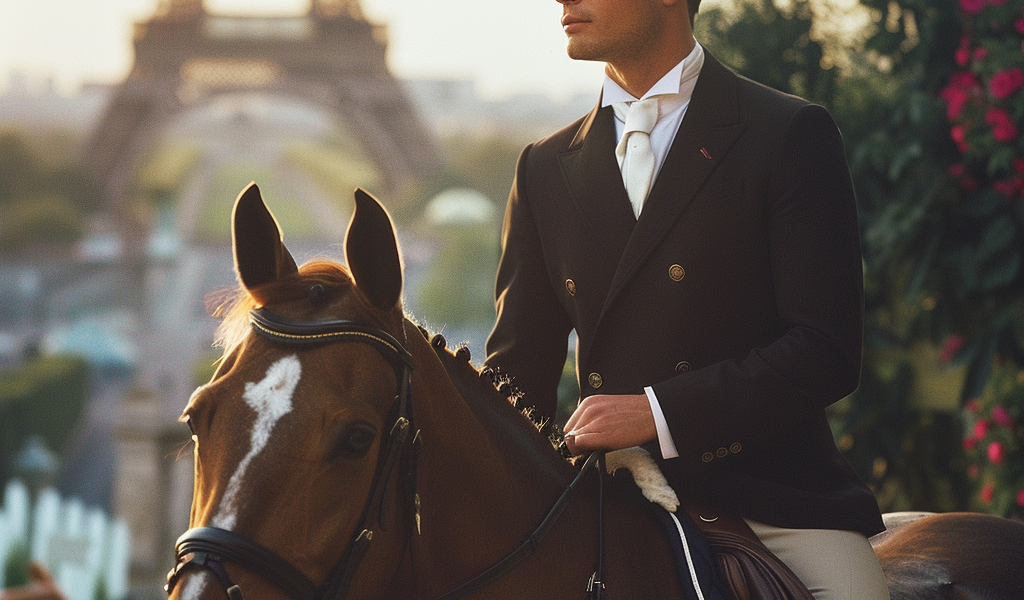The anticipation for the upcoming Olympic Games in Paris is palpable, especially among the elite showjumping riders who are set to compete. Among them is Swedish showjumper Henrik von Eckermann, who is gearing up for what he hopes will be a triumphant return to the Olympic arena. As he prepares to take the stage, von Eckermann reflects on the emotional journey he has experienced in the sport, particularly after his performance in Tokyo.
In Tokyo, von Eckermann faced a challenging individual championship, ultimately finishing in fourth place. Despite this respectable ranking, he expressed feelings of disappointment, stating, “I felt like the biggest loser.” This emotional weight highlights the intense pressure and high expectations that accompany Olympic competition.
As he looks ahead to Paris, von Eckermann’s focus is not solely on personal glory but also on the well-being of his horse, King Edward. He emphasizes the importance of mental health for horses, stating, “My horse King Edward is just amazing. We trust each other for 100%. Every time we come to the start, I try to do my best. I cannot accept we make a mistake on my behalf because my horse is actually never to blame!” This bond between rider and horse is crucial, as it directly impacts performance and overall success in the sport.
Von Eckermann acknowledges the changes that come with age, both for himself and for King Edward. He notes, “Just like with us humans, horses do get older. The older you get, you need to play more clever. You lose some power. Luckily, King Edward has become more clever as he aged.” This insight into the evolving dynamics of their partnership reflects a deeper understanding of the sport and the athletes involved.
The Swedish rider’s commitment to ensuring King Edward’s mental health is a priority. He states, “That is why I try to do 150% my best to secure my horse’s mental health!” This dedication to the welfare of his equine partner underscores a growing trend in the equestrian world, where the mental and emotional well-being of horses is increasingly recognized as vital to their performance.
As a father now, von Eckermann admits that his priorities have shifted. He shares, “I still dream and think about big things. But as I’m a father now, my priorities have shifted. When I don’t win the gold, the world won’t end. Of course, I will feel bad!” This statement reflects a more balanced perspective on competition, where personal and familial responsibilities take precedence over the pursuit of medals.
With the Olympic Games just around the corner, von Eckermann remains optimistic about his preparations and the potential for success. He concludes with a confident declaration: “We are in shape, bring it on!” This readiness to face the challenges ahead speaks to the resilience and determination that define elite athletes in the world of showjumping.
As the showjumping community eagerly awaits the start of the Olympic competition, von Eckermann’s story serves as a reminder of the intricate relationship between rider and horse, the importance of mental health, and the shifting priorities that come with personal growth. The stage is set for an exciting showcase of talent, skill, and dedication in Paris.





